Oregon Casinos are Losing Revenue: How are Tribes Impacted?
Tuesday, June 16, 2015
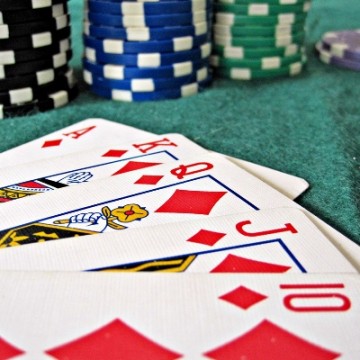
While the recession has led to a decline in gaming revenue even in Las Vegas, Oregon’s eight tribes have long faced another competitor. The main opponent?
“Oregon Lottery,” said Robert Whelan, who prepares the annual report on tribal gaming in Oregon. “If the Oregon Lottery wasn’t there, the revenue would be almost double what it is now.”
Whelan, a project director at ECONorthwest, has prepared an economic impact report for the Oregon Tribal Gaming Alliance (OTGA) every year since 2003. This year’s report includes both 2012 and 2013 and was just released at the end of May.
Whelan said the OTGA started the reports to show how casinos actually benefit more than just tribal operations. Many people don’t think it’s fair that tribes have a special right to run casinos or they don’t believe more gambling is needed since the state already has the Oregon Lottery, he said.
“The lottery is really killing it,” said Whelan, “and that’s why they do (the annual economic report).”
In 2013, Oregonians spent $824 million with the Oregon Lottery and $382 million at tribal casinos. No other significant competitors for casinos are as strong as the Oregon Lottery. They include: Washington casinos, casinos outside of the Pacific Northwest, and Internet gambling.
Since it started in the 1980s, the Lottery has expanded its video slot machines in bars and restaurants throughout the state, especially in urban areas—where tribes cannot place machines. The Oregon Lottery has 11,944 video slot machines, while casinos are restricted to 7,462.
Since 1998, the Lottery has comprised 60 percent of gambling dollars spent by Oregonians.
The report is so that the OTGA can explain to legislators, regulators and tax payers how casino revenue impacts the state, said Whelan.
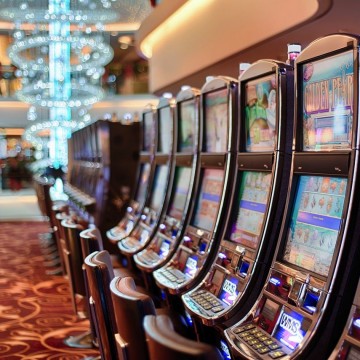
Revenue at the state’s eight casinos peaked in 2006 with $202 million in revenue and dipped to only $136 million in 2013. Revenue peaked in 2008 for the Oregon Lottery with over $1.2 billion in revenue and then fell after the recession in 2009 and 2010, according to the 2014 fiscal report. Revenues at Oregon Lottery have remained relatively flat since then.
The revenue slump also reflects a similar pattern happening at Las Vegas casinos since the recession, and subsequently the attempts casinos are making to lure customers. Casinos are competing by giving away freebies or discounts such as hotel rooms, show tickets or meals—all in an effort to attract urban residents to casino’s rural locations.
Whelan said that while the giving of “complementaries”—the business term for these incentives—has increased substantially that it’s still nothing near Reno or Las Vegas amounts. Whelan said it’s no different than sales offered at competitive retail stores.
“Here’s the bottom line: what it does do is it lowers the cost to the consumer to go to the casino, but it increases the economic impact because the casino has to spend more. More room nights are filled, but they have to hire more housekeepers, chefs,” he said.
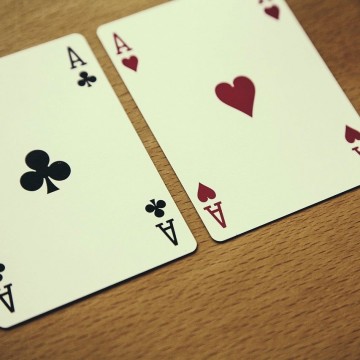
Overall, the narrowing of margins at casinos is having an impact on tribal services as well as on local economies near casinos.
Whelan said that by far the biggest impact of gaming revenue is that the tribes provide health care, which reduces the demand on the state to provide health services to tribes. About 65 percent of revenue went to health care. Other services paid by casino dollars include: public works, public safety, family and social services, resource management, education and job training.
Chris Mercier, the vice-president of the OTGA and tribal council member of the Confederated Tribes of Grand Ronde, explained the impact of Oregon’s biggest casino, Spirit Mountain Casino. “Between Spirit Mountain Casino and our tribal government we provide good-paying jobs, more than 1,500 between the two of them,” said Mercier. Spirit Mountain is one of the largest employers in Polk and Yamhill counties.
The casino revenue also supports the Spirit Mountain Community Fund, the local school district and transportation projects, said Mercier. “In short, casino revenues have a huge impact in this area. Lower revenues impact all of these.”
As it turns out, lower revenue could also be impacting other Oregon industries. In 2013, for every $1 million in gaming revenues, another $1.5 million was spent in a different Oregon industry, such as services, retail, manufacturing or construction. Additionally, in 2013, every 10 jobs at a tribal casino were associated with another 14 jobs in Oregon.
Local, state and federal governments also draw taxes from the economic footprint left by casinos. In 2013, collectively, they received $132.5 million in taxes.
Of course, the Oregon Lottery also brings economic benefit to the state and lower revenue there is felt in a number of areas. The biggest beneficiary is public education: 57 percent of lottery dollars go to schools. The rest is allocated between economic development, state parks and natural resources. One percent is set aside for gambling addiction treatment.
Related Slideshow: How Oregon Stacks Up for Taxes
The Tax Foundation ranked the highest and lowest taxes for each state, with the most recent data aviaiable. The higher the ranking, the more tax is due. Here's some of Oregon's lowest and highest rankings:
Related Articles
- Oregon Casinos are Losing Revenue: How are Tribes Impacted?
- Oregon Lottery Features Mat Kearney in New Ad
- Portland Named Best City to Live In for Saving Money
- New Native American Exhibit Expected At Portland Art Museum in 2016
- Native American Activists Slam Winterhawks Logo As Racist


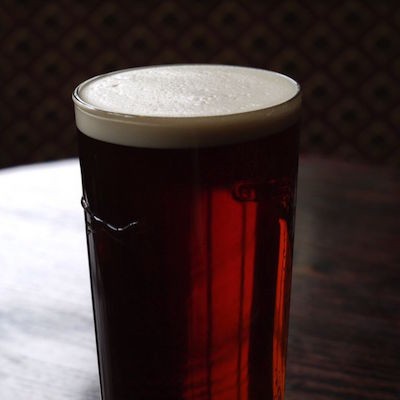
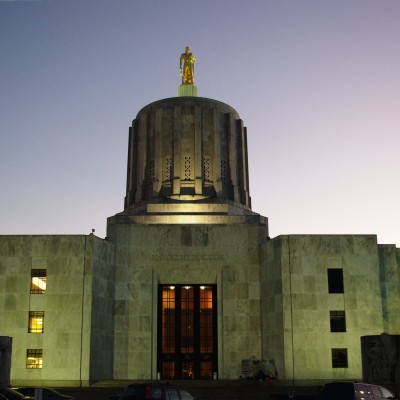


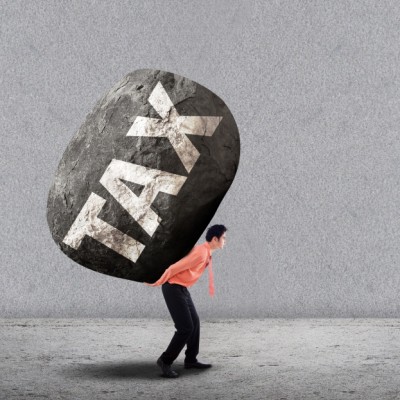

















Follow us on Pinterest Google + Facebook Twitter See It Read It